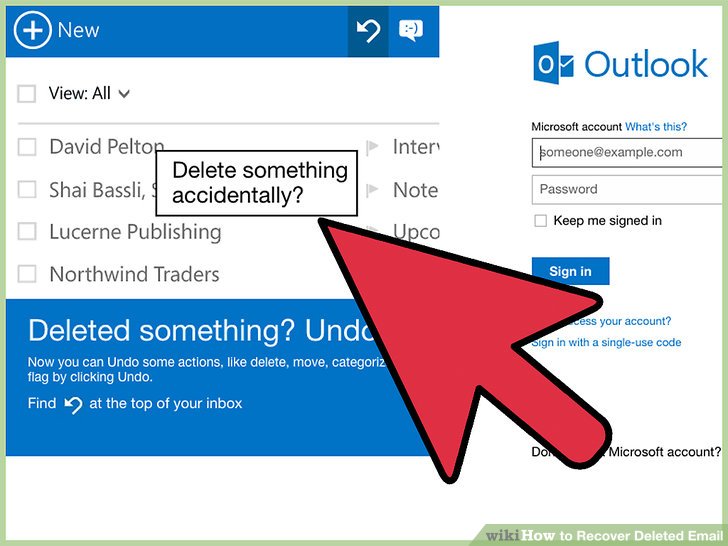FIVE EMAILS YOU SHOULD DELETE IMMEDIATELY
Amidst the daily influx of emails flooding into your inbox, it’s crucial to remain vigilant for signs of potential cyber threats. keep a lookout for these seemingly innocent phrases that could spell trouble for your cybersecurity.
Trevor Cooke, the online privacy expert at EarthWeb, identifies five phrases you can search for in your inbox to weed out dangerous messages.
- “Urgent Action Required” Trevor advises, ‘This phrase often indicates an attempt to create a sense of urgency and pressure the recipient into taking immediate action without thoroughly considering the consequences.’ Cybercriminals may use this tactic to trick individuals into clicking malicious links or downloading harmful attachments.
example: “Your account has been compromised. Urgent action required to secure your account. Click here to verify your login credentials.”
- “Account Suspension” emails claiming that your account will be suspended unless immediate action is taken should raise suspicion. Cybercriminals often employ this tactic to coerce recipients into providing sensitive information or credentials under the guise of resolving a purported issue.
example: “Your account will be suspended within 24 hours due to suspicious activity. To avoid account suspension, please confirm your account details by replying to this email.”
- “Congratulations! You’ve Won” beware of emails proclaiming unexpected winnings or prizes, especially if you haven’t participated in any contests or lotteries. Trevor says, ‘Such emails often serve as bait to lure recipients into divulging personal information or clicking on malicious links.’
example: “Congratulations! You’ve won a luxury vacation package. Click here to claim your prize by providing your personal details.”
- “Click Here For A Special Offer” phrases enticing recipients to click on links for exclusive deals or offers should be approached with caution. Cybercriminals frequently use this tactic to redirect users to phishing websites designed to steal login credentials or install malware on their devices.
example: “Don’t miss out on our limited-time offer! Click here to claim your 50% discount on all purchases.”
- “Unusual Login Activity Detected” ‘emails alleging suspicious or unauthorized access to your accounts aim to incite panic and prompt immediate action,’ notes Trevor. However, legitimate service providers typically communicate such notifications through their official platforms rather than through email.
example: “We detected unusual login activity on your account. Click here to verify your identity and secure your account.”
how to respond Trevor recommends, ‘upon encountering emails containing red flag phrases indicative of potential threats, the best course of action is to delete the email immediately and block the sender. Refrain from clicking on any links or downloading attachments to safeguard your personal information and maintain tight cybersecurity.’
Source: Techeconomy

